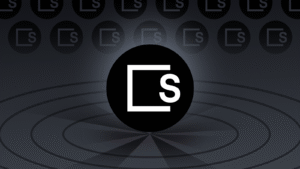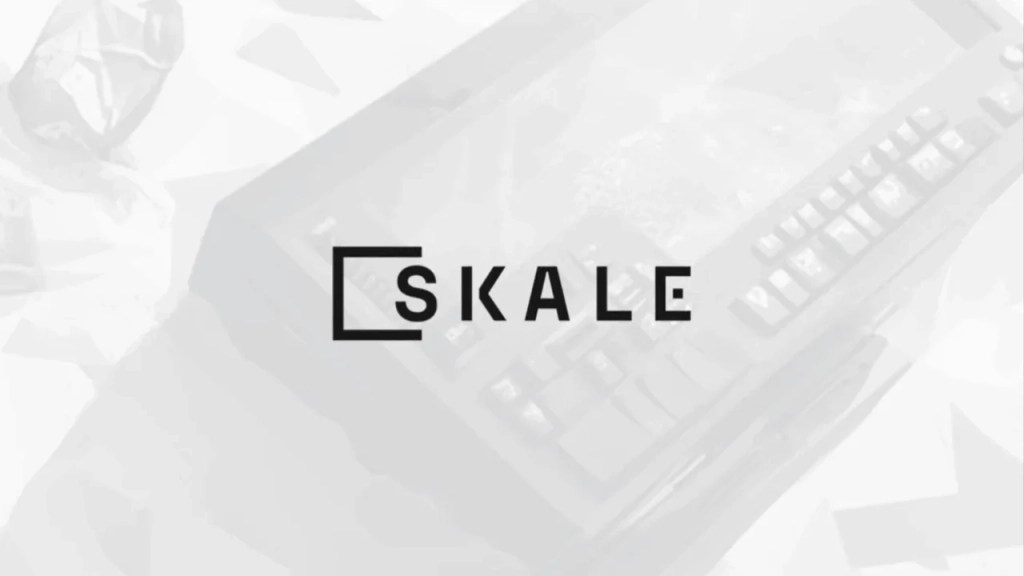Validator vs. Delegator: Choosing Your Role in SKALE
The blockchain ecosystem has evolved to include a variety of participant roles, each vital to the functioning and security of decentralized networks. Among the most prominent roles are validators and delegators. In the SKALE Network, these roles are not just technical designations but also carry strategic, financial, and governance implications. Whether you’re considering actively securing the SKALE blockchain or simply wish to support the network and earn rewards, understanding the distinction between a validator and a delegator is critical.
This article dives deep into both roles, examining their functions, responsibilities, risks, and benefits—helping you determine which path aligns best with your goals within the SKALE ecosystem.
Understanding the SKALE Network
SKALE is a multichain network designed to bring speed, scalability, and zero-gas-fee transactions to Ethereum. Its architecture includes elastic sidechains optimized for performance-intensive dApps such as games, DeFi protocols, and AI applications. With features like containerized subnodes and pooled security, SKALE enables developers to build decentralized applications with the efficiency of Web2 systems.
One of SKALE’s most innovative aspects is its validator-delegator dynamic. This symbiotic relationship ensures that the network remains secure, decentralized, and community-driven. Whether you’re a seasoned crypto professional or a new entrant intrigued by the rise of SKALE AI, understanding these roles can help you participate meaningfully in the ecosystem.
Who Is a Validator?
A validator is a network participant responsible for validating transactions, producing blocks, and maintaining consensus on the SKALE network. Validators play a crucial role in the health and security of the network.
Responsibilities of Validators
Node Operation: Validators run full nodes on the SKALE network. They need to maintain uptime, perform software updates, and ensure node reliability.
Block Production and Consensus: Validators participate in the consensus process by proposing and attesting to blocks. This activity helps secure the network and maintain its distributed ledger.
Staking SKL Tokens: To participate, validators must stake a minimum amount of SKALE tokens (SKL). This stake acts as a bond and ensures that validators have “skin in the game.”
Security Commitment: If a validator acts maliciously or fails to meet uptime requirements, they risk having a portion of their staked tokens slashed.
Earning Rewards: Validators receive SKL tokens as compensation for their work. The reward includes block rewards and a portion of the fees distributed by delegators.

Requirements to Become a Validator
Technical Proficiency: Running a node on SKALE requires expertise in system administration, networking, and blockchain infrastructure.
Infrastructure Investment: Validators must operate high-availability servers with adequate performance, reliability, and uptime.
Staking Capital: There’s a minimum SKL staking requirement, which varies over time depending on network parameters.
Who Is a Delegator?
A delegator, by contrast, is a network participant who supports the SKALE network by delegating their SKL tokens to a validator. They do not run nodes or engage in technical operations but still play a pivotal role in network security and decentralization.
Responsibilities of Delegators
Selecting a Validator: Delegators must research and choose validators with a solid track record of performance, reliability, and governance participation.
Staking SKL Tokens: Delegators stake their SKL tokens by delegating them to a validator. This action strengthens the validator’s stake weight and helps maintain network security.
Monitoring Performance: While they are not operators, delegators must keep tabs on their chosen validators to avoid penalties and maximize rewards.
Earning Passive Income: Delegators earn a share of the validator’s rewards, typically proportional to their stake.
Benefits of Delegating
Lower Barrier to Entry: No need for technical expertise or infrastructure.
Network Participation: Enables SKALE supporters to contribute to decentralization and earn returns.
Portfolio Diversification: Delegation is a relatively low-risk way to engage with the SKALE ecosystem compared to active node operation.
Validator vs. Delegator: Key Differences
| Feature | Validator | Delegator |
|---|---|---|
| Role in Network | Active participant, runs nodes | Passive supporter, delegates stake |
| Technical Skills | High (system admin, networking) | None required |
| Infrastructure Needs | High (server maintenance) | None |
| Risk Level | Higher (slashing risk) | Lower (depends on validator choice) |
| Reward Structure | Earns base and delegation rewards | Earns a percentage of validator’s rewards |
| Time Commitment | High | Low |
| Minimum Stake | Higher (set by protocol) | Lower (depends on validator terms) |
Risks and Considerations
For Validators
Slashing Penalties: Misbehavior or downtime can result in slashing, i.e., the loss of staked SKL.
Operational Complexity: Running a validator node is technically demanding and resource-intensive.
Reputation Risk: Poor performance can deter delegators, reducing rewards and network influence.
For Delegators
Validator Performance: Your rewards depend on the validator’s uptime and behavior. A poor choice can reduce or eliminate returns.
Slashing Exposure: Although delegators are not directly responsible for node operations, they can still lose a portion of their stake if their validator is slashed.
Lock-Up Periods: Staked SKL is often locked for a specific period, limiting liquidity.
How to Decide: Validator or Delegator?
Your choice depends largely on your risk tolerance, technical expertise, and level of engagement with the SKALE ecosystem.
Choose to Be a Validator If:
You have experience managing blockchain or server infrastructure.
You are committed to actively supporting SKALE’s technical ecosystem.
You’re willing to invest in infrastructure and staking capital.
You want to play a leadership role in shaping the network’s future.
Choose to Be a Delegator If:
You prefer a passive role but still want to support SKALE.
You are looking for a way to earn passive income on your SKL tokens.
You want to avoid the technical and operational challenges of running a node.
You trust certain validators and wish to align with them strategically.
Best Practices for Delegators
If you choose to delegate, follow these best practices to protect your investment and maximize returns:
Diversify Your Delegations: Spread your SKL tokens across multiple validators to reduce risk.
Review Validator Metrics: Look at uptime, commission rates, and community involvement before choosing.
Stay Informed: Keep track of validator updates and any changes to the SKALE protocol.
Re-evaluate Periodically: Validator performance can fluctuate. Re-delegate if necessary.
SKALE AI and the Role of Stakeholders
The rise of SKALE AI applications introduces a new dimension to the validator-delegator relationship. As more AI-based projects deploy on SKALE chains, the demand for high-performance, secure, and decentralized infrastructure grows. Validators supporting SKALE AI applications may need to accommodate higher throughput and lower latency requirements. Delegators, in turn, benefit by aligning with validators that contribute to AI-ready chains and receive proportionate staking rewards.
This emerging use case underscores the importance of selecting validators who are future-proof, technically sophisticated, and aligned with the ecosystem’s growth trajectory.
Conclusion
Whether you’re looking to get deeply involved with SKALE as a validator or simply want to earn rewards as a delegator, there’s a meaningful way for you to contribute. Validators uphold the technical backbone of the network, while delegators empower that backbone through stake-weighted security.
Both roles are vital in maintaining the decentralized ethos and performance efficiency that SKALE is known for. By choosing the role that best suits your expertise and risk appetite, you become an essential part of a network that’s pioneering innovations in zero-gas transactions, scalable AI, and user-centric blockchain applications.
In the end, whether you validate or delegate, participating in SKALE’s ecosystem puts you at the forefront of decentralized innovation—and maybe even the next breakthrough in SKALE AI.
